I grew up in Ness Ziona as the fifth generation to my ancestors Ruben Lehrer and his wife Feige Feinstein. In the back of my child’s mind, the world began with them. My first writing as I learned the craft, was the history of my family and the Eygptians as one related story. [A pit of memory]
Ruben Lehrer and Feige were the first Jewish settlers, who were a bee keepers. They also grew orange groves. He was very religious, and came to live in this hard place, with his family, swapping his land in Russia with a German guy who gave him his land “Near Jerusalem.” 1882
Ruben Lehrer and his wife Faige on donkeys, Ness Ziona, Israel
I grew up on contradicting stories about this tribe of hard-working Zionists. I remember my uncle Isaac Patchornik citing Ruben Lehrer to me: “We must accept that the Arabs are a part of the land and sky, and we need to get along with them.” I started to grasp that even though we have thousands years of historical memory, this actual place was inhibited by others when “we” were not here.
Ruben Lehrer was deeply respected by them. There is a family story saying that when there was a fled, an unknown huge black Sudan origin man knocked on the door in the middle of night and gave him five sacs of wheat to keep for him. He never came back.
We grew up knowing it was a present from the Arab neighbours who shared their own wheat and saved the family life.
When I was in high school, in the 70es, a young woman who was a volunteer in a kibbutz heard a radio talk with my father Prof. Abraham Patchornik. She knocked on my uncles door and in a special accent, said that her name in Paciornik. She come from Curitiba- Brazil.
We found parallel family members at the other side of the world- living in Brazil Curitiba. A dubble family tree mirroring the same names.
Our tiny village was exposed to a wider world; We learned that Ruben Lehrer- Patchornik, had a brother who left Russia to south America and had a huge family.
Around that time I was reading One Hundred Years of Solitude by Gabriel García Márquez. As in the legendary book, I found bizarre connections between names and professions on both sides of the world. I especially liked the connection between his opening story about the ice miracle, and my mother buying an enormous deep freezer as we came back from the States to Israel after my fathers sabbatical.
The village women came to see the miracle of such a massive unit that can contain an entire cow!
Table of finds from Tel-Nona, 2000, an imaginary, conceptual mound I dig in. I am the finds, and the digger. Trying to invent a history- my history concerning all cultures living here on this land in the past and in the present, in is a mending-healing process.
This post is dedicated warmly to the Patchornick/Paciornik/Shulman family in Brazil and around the globe. We all might have been speaking Russian and living there unless history took its own agenda.

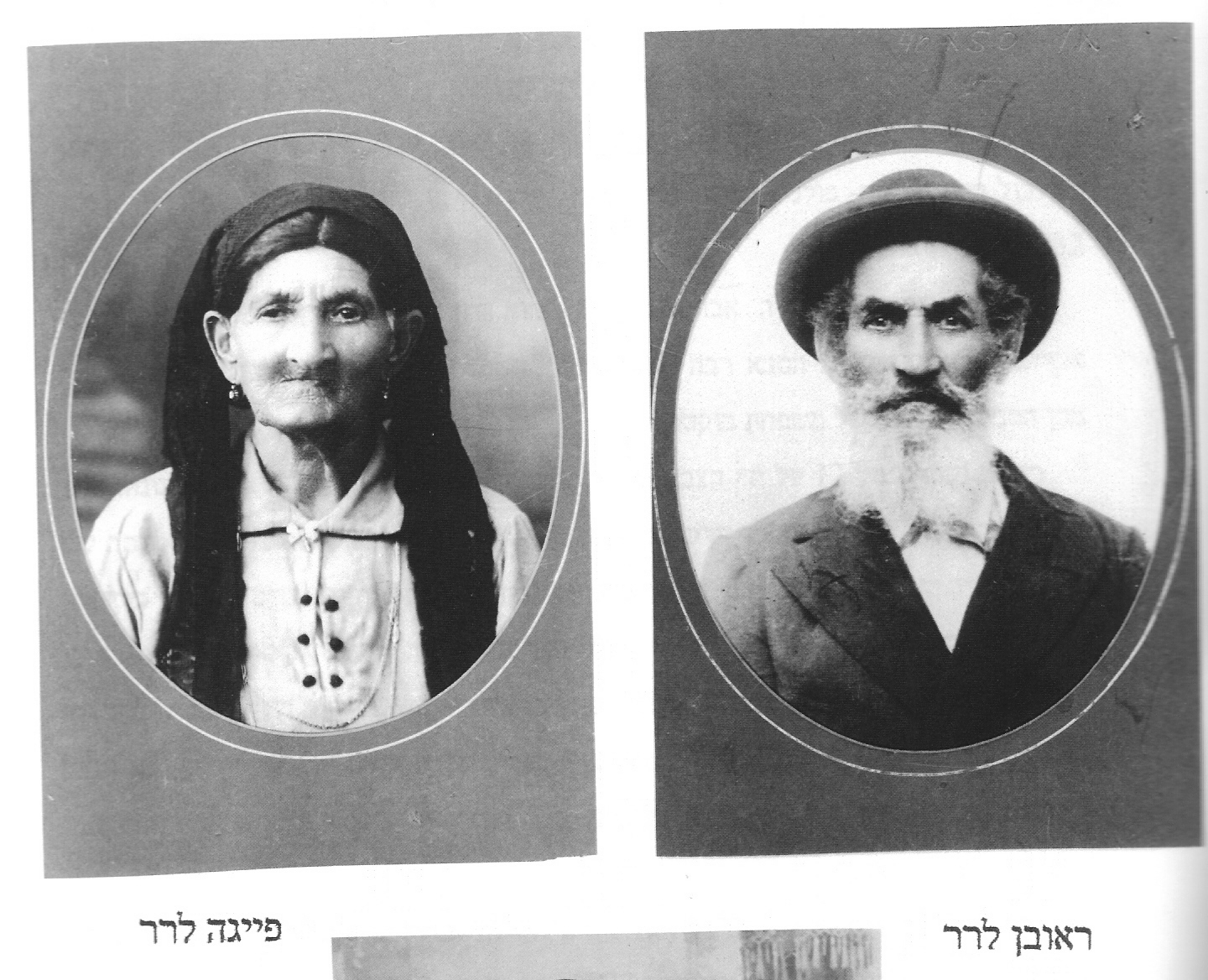
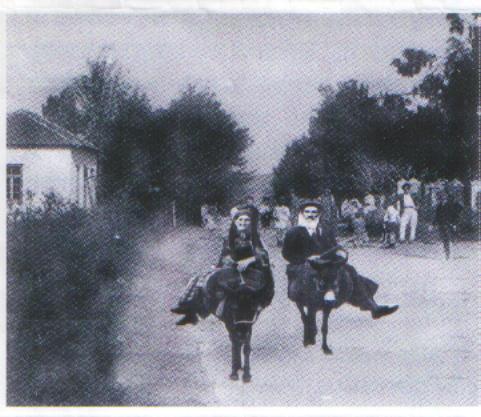
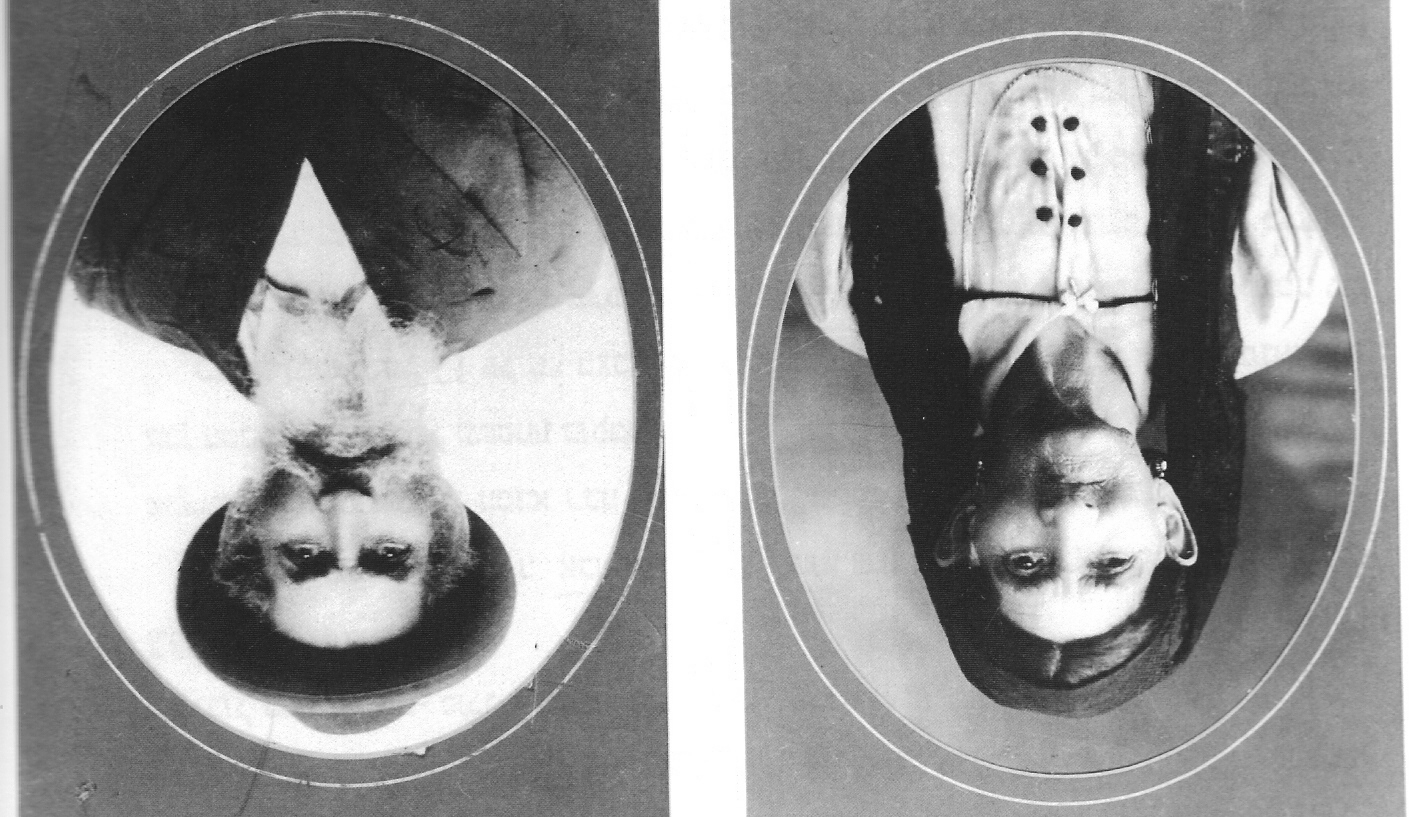
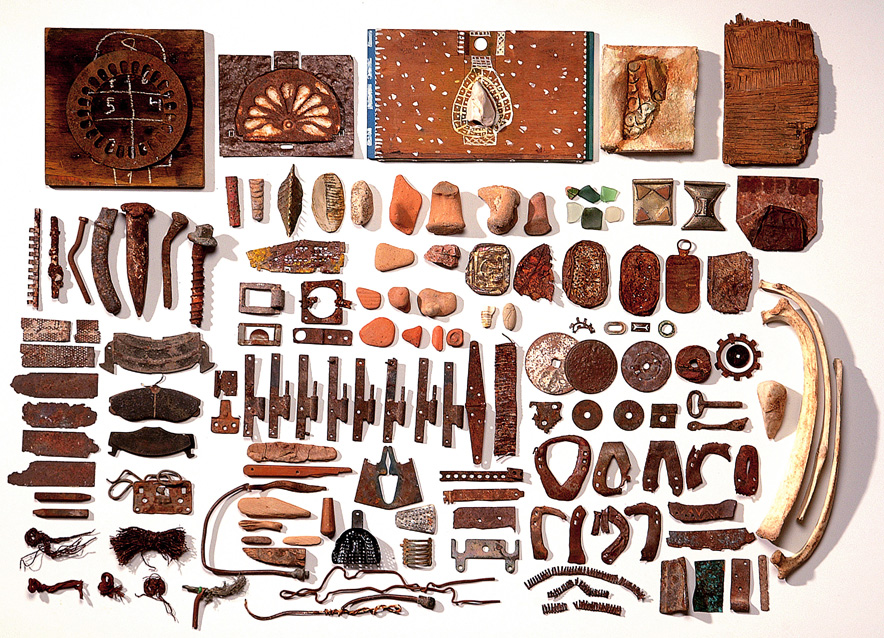
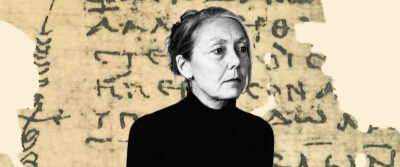
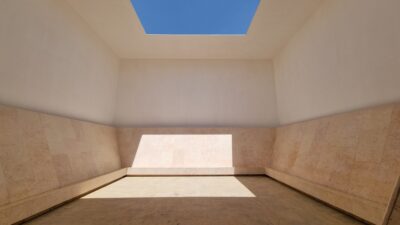
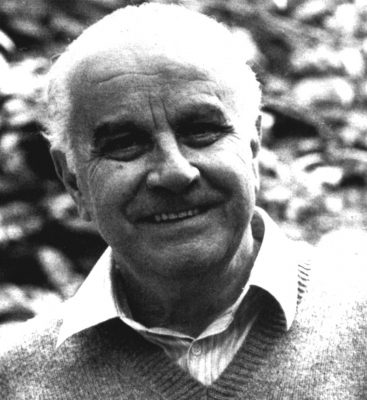
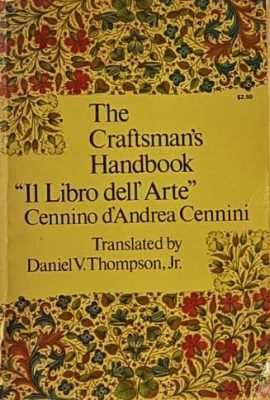
8 Responses
I loved reading the story of my ancestor’s brother who went to Israel and founded a city. I already knew of course but I am touched … Thank you. Marcia Paciornik
Loved the story, Nona. So nice to know we are related. Kisses from Brazil.
Dear Nona, reading your oh so nice text was like hearing my father Moyses Paciornik’s voice telling me about his meetings with your parents, twice both in Nes Ziona and Jerusalem. It made me feel as happy as when I spent some lovely hours with you and your parents at their home a year ago. Lets keep this door between our families wide open!
I do not stem from the patchornick family, nor Paciornik nor Shulman,
But oh — wonder of wonders — why am I nevertheless so touched by these icebergs of many drama’s?!
How wonderful that you can trace such a long family history, and have photographs, too. My grandparents came to the US from Russia about the same time but we have very few photographs and just some childhood memories.
I was very struck by this paragraph:
” I remember my uncle Isaac Patchornik citing Ruben Lehrer to me: “We must accept that the Arabs are a part of the land and sky, and we need to get along with them.” I started to grasp that even though we have thousands years of historical memory, this actual place was inhibited by others when “we” were not here.
Ruben Lehrer was deeply respected by them. There is a family story saying that when there was a fled, an unknown huge black Sudan origin man knocked on the door in the middle of night and gave him five sacs of wheat to keep for him. He never came back.
We grew up knowing it was a present from the Arab neighbours who shared their own wheat and saved the family life.”
Would that such respect and sharing could have continued into the present. Much intervened.
Nona, How fascinating to learn about this side of your family. Thank you, cousin! I want to send you some info on your other side…and I will do that!
Hi, Cousin Nona, 🙂
I am from America and now living in Israel.
I recently began researching the family tree.
Reuven Patchornik Lehrer had a brother named Shlomo Patchornik.
Their father was 1800-1875 mordechai pitzornick (married to leah).
Mordechai is our common ancestor.
There is whole other branch of Pazornicks on the East Coast in America, stemming from Shlomo’s son Pinchas, my great-grandfather.
I am completely fascinated by this tree and I am wondering if anyone has information about Reuven’s father, Mordechai.
By the way, I, too, am an artist!
iN LATER YEARS YOUR DAD ALSO TENDED THE ORANGE GROVES IN aSHDOD AND I ONCE WENT AND PICKED SOME ORANGES WITH HIM. yOUR mOM COOKED ME MANY sHABBAT DINNERS BOTH IN NES zIONA AND jERUSALEM WHEN YOU WERE SO VERY YOUNG. I am coming to Israel this June (if Covid allows) and would love to meet up in either TLV or Jerusalem.
Michael